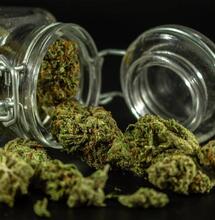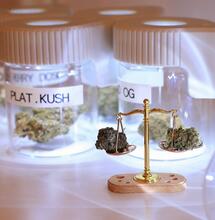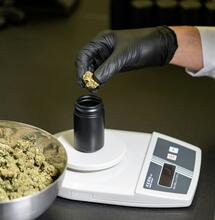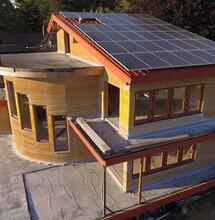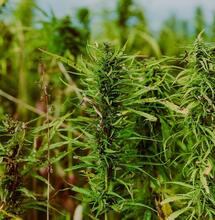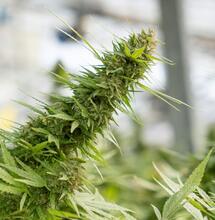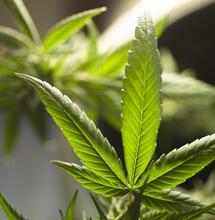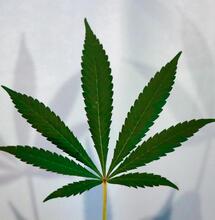Why Aren't We Investing in Hemp Biodiesel?
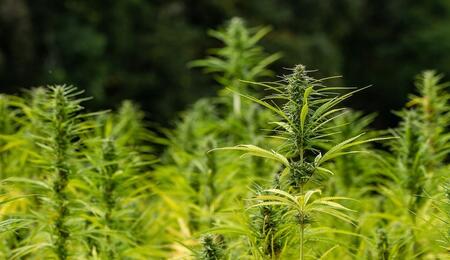
The versatile uses of industrial hemp are far too many to overlook. Hemp is used to manufacture paper, textiles, clothes, shoes, bricks, disposable camp equipment, animal beddings, dog collars, and you can add hundreds more items to this list. But what about hemp biodiesel or biofuel? Utilizing hemp for the production of biofuels has for decades eluded promises for a greener future. In an energy market largely dominated by fossil fuels, hemp biodiesel exists somewhere in the shadows.
Theoretically speaking, hemp biofuels can substitute traditional fuels used to power conventional diesel engines. Hemp can be successfully harnessed to create bioethanol and biodiesel. It's environmentally friendlier to produce than palm oil or sugar beet. Biodiesel is extracted from seed oil. It's safe to store, use, transport, and it's biodegradable.
There is Huge Potential with Hemp Biodiesel
When Rudolph Diesel invented the famous internal-combustion engine in the 19th-century that now carries his name, he proposed that different types of fuels, including vegetable and seed oils, could be harnessed to power the diesel engine. These types of oils are superior to petroleum, the French-German engineer believed. Hemp can be purposed for that matter.
A few decades later, in the 1930s, Ford Motor Company explored biomass fuels. The automobile manufacturer operated a biomass conversion plant at their Michigan Iron Mountain facility. Hemp was one of the fuel derivatives used.
Cellulolysis is a process that chemically converts harvested hemp plant material to release cellulose. Enzymes help cellulose break into sugars, which are then fermented into ethanol. In the final step of the process, ethanol is purified and distilled into biofuel products such as biodiesel. Hemp biofuel can, in turn, be utilized to power an engine or biomass power plant.
Hemp can also be converted into methanol, which is generally produced from woody plant matter through a process of dry distillation. However, most biofuel is currently sourced from corn or sugarcane. These two types of crops are high in sugar content and are also valuable food commodities.
Research has identified the best dual-purpose hemp cultivars, which can make hemp more competitive for both biodiesels and food supplements. Experts believe that hemp can be more profitable than other bioenergy crops when it's sourced for both grain and fiber.
But, there's seems to be a lingering problem. A big revolution with hemp biodiesels is perpetually postponed for the foreseeable future. Some significant thresholds in biofuel production have been accomplished over the last two decades, but can you say biodiesels are the mainstream? The answer is probably no.
Biodiesels can help the world address the climate crisis, however, fossil fuel drilling plans commissioned by world governments, including the United States, continue to undermine all efforts.
Looking at the global level, fossil fuels extraction continues to overshadow renewables despite the fact we are running out of unrenewables. Some countries have made remarkable advancements in harnessing wind and solar power. Last December, Scotland blew up a massive chimney at its last remaining coal plant at Longannet in Fife to mark the end of coal age. But that's in Scotland. And we do need more powerful examples like that around the world.
Back to hemp, in the past, a "lack of competitive advantage" has often been cited in official reports as to why this source of renewables is underexploited. A sentiment that probably explains why there has been insufficient investment in infrastructure and technology to push hemp biodiesels to the next level.
Hemp growers in the USA can benefit from a national biofuel-creation push. Creating a more robust biofuel ecosystem would invite more farmers to be part of the hemp biodiesel marketplace. Enhanced infrastructure can help farmers who cultivate hemp for biofuel and who need to deal with bulky biomass material. One solution is to set up regional centers for processing hemp to help resolve transport logistics, one of the greater burdens hemp farmers may face.
What Are the Benefits of Hemp Biofuels?
Hemp is good for the environment and can be part of the bigger picture for a better future on this planet if given a chance. Here is how biofuels can change things around.
- Hemp could account for a significant chunk of the world's energy needs, reducing our reliance on petroleum-based fuels alongside other renewable energy sources such as wind and solar power.
- Hemp can effectively capture atmospheric carbon. According to some research, the cultivation of industrial hemp can reportedly absorb between 8 to 15 tonnes of CO2 per hectare (3-6 tonnes per acre). In comparison, forests capture 2 to 6 tons of carbon per hectare (or roughly 1 to 2.4 tons per acre).
- Hemp is adaptable, vigilant plant. It can grow in various climates and improve the soil where grown. The roots of cannabis plants can do miracle work to invigorate even the most neglected soil types.
- Hemp is a cash crop that can help restore and rebuild rural economies. It can transform national energy consumption and can contribute to the creation of a more sustainable future.
While the economic and environmental case for hemp is taking momentum, it comes down to business and government agents to bring hemp biodiesel to a turning point and try to transform an energy market that appears to be largely resistant to change.
Also read on Soft Secrets:
- Can Cannabis Help with Sustainability?




